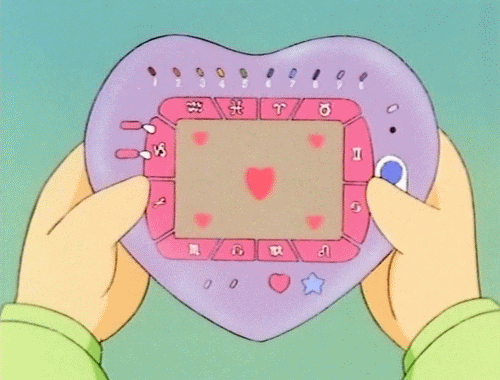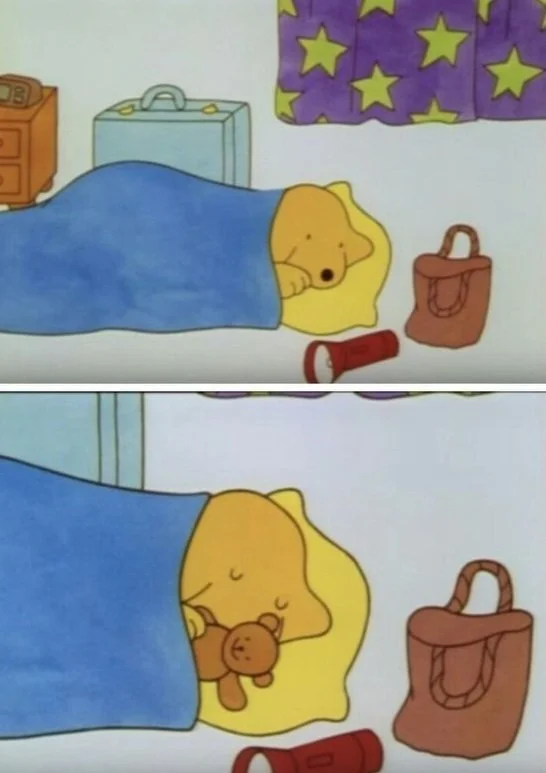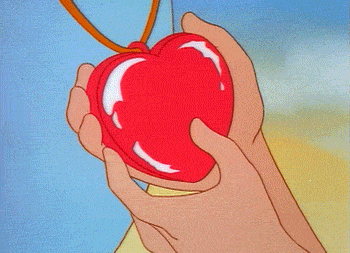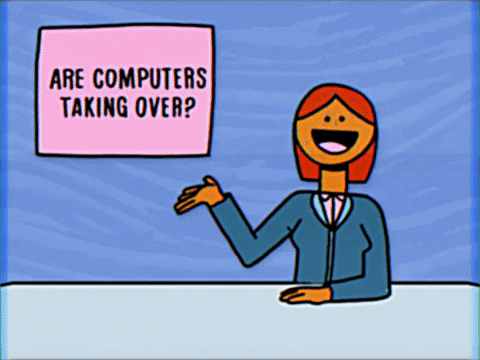"Imposter syndrome is a manifestation of the imposter system. Break free from it, for you are the true architects of change."
- Angela Davis
To you with a body trying to survive in a world where diet culture and transphobia still exists…
To you with a parental figure who neglects your emotions instead of honouring them…
To your younger self who didn't have the language or resources to see and react properly to what was going on…
To you who experienced hurt, so strong, that you have had to step away, numb from presence in order to survive and keep floating on…
To you who have lived through painful experiences, dodging threats, tone policing yourself to the point where you filtered too much of your true self out and you are left with an imposter identity that you can't even recognize…
You're not an imposter, you're just dealing with grief.
Grief demands our presence and shows us that we are indeed human. That our heart is working/doing their job.
It's the essential part of heartwork: a practice connecting us fully to what we value and addresses our competency to understand and stand by what we are going through.
Grieving and heartwork offers us the gift of choosing our humanity above all else: choosing decisions that are for us, not just the sake of avoiding conflict or ensuring ‘safety’ in face of a concern or threat (aka our good friend, fawning).
Heartwork, grieving and reacting properly to what had happened/is happening around me, addresses the very points that supports me to clarify and stay true to who I am.
"We are not imposters in our own struggle.
Our voices, our experiences, and our pain are valid and necessary."- Assata Shakur
I hope grief and heartwork can become your ‘roman empire’
💭🏛️🕊️🏹✨
… the way it keeps you pondering on the daily and fascinated by it's magnificence
˚ ༘♡ ⋆。˚
Resources on Grief:
These are based on my personal journey which can look very different from yours. I’m sharing this list with any of you who may need a place to start.
Many of these resources are from folks I work with and friends who shared them with me over the course of my journey.
Words:
Gabbes Torres’ pdf on grief and trauma
Time is a mother - Ocean Vuong
The Wild Edge of Sorrow: Rituals of Renewal and the Sacred Work of Grief - Francis Weller
What my Bones Know - Stephanie Foo
Falling Back in Love with Being Human - Kai Cheng Them
Watch:
“Everything Everywhere All At Once”
“Turning Red”
“Undone” (TV series)
"The Farewell"
“Inside Out”
“Riceboy Sleeps”
˚ ༘♡ ⋆。˚










